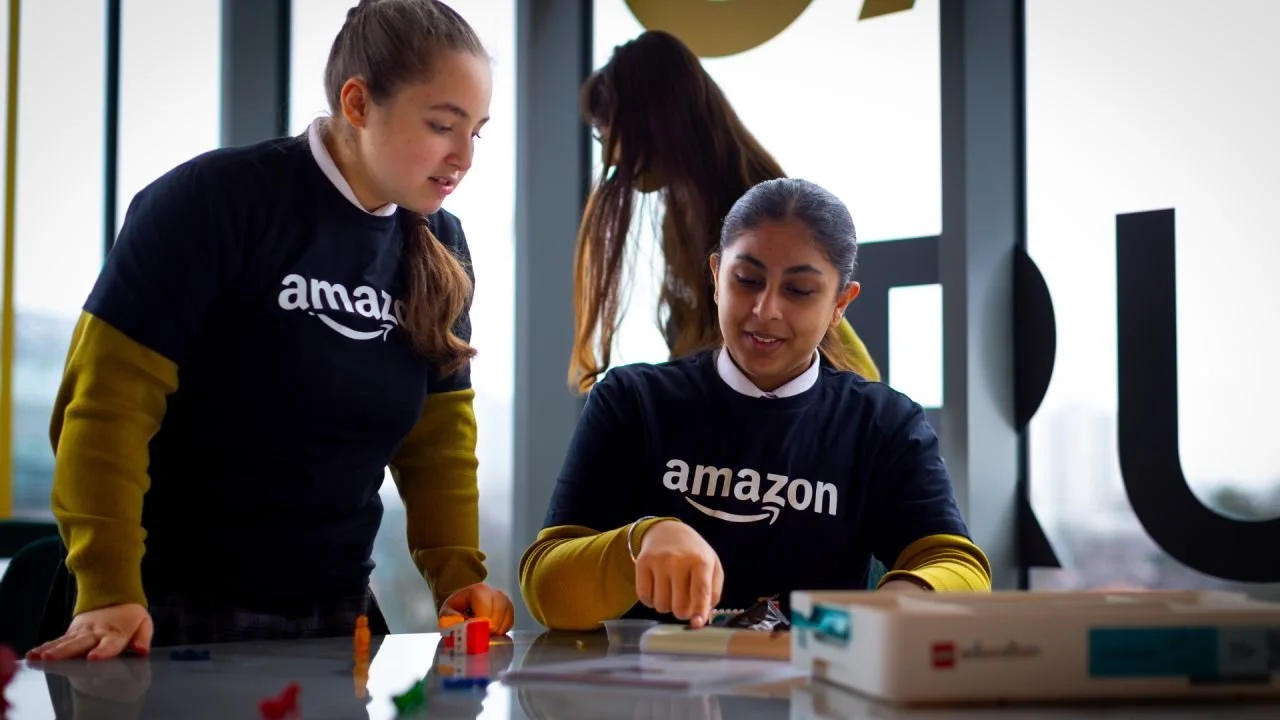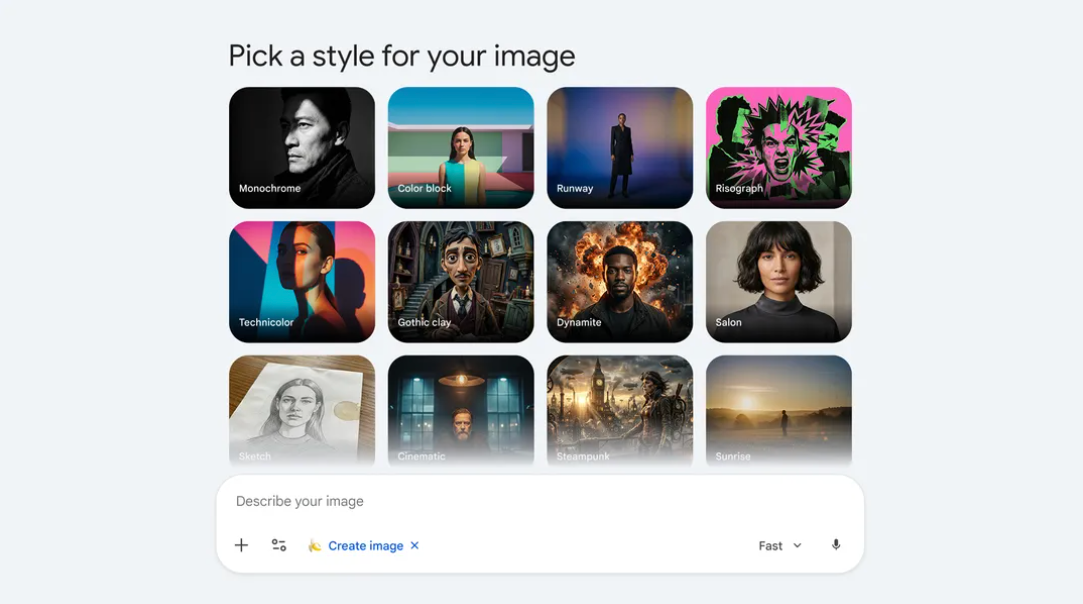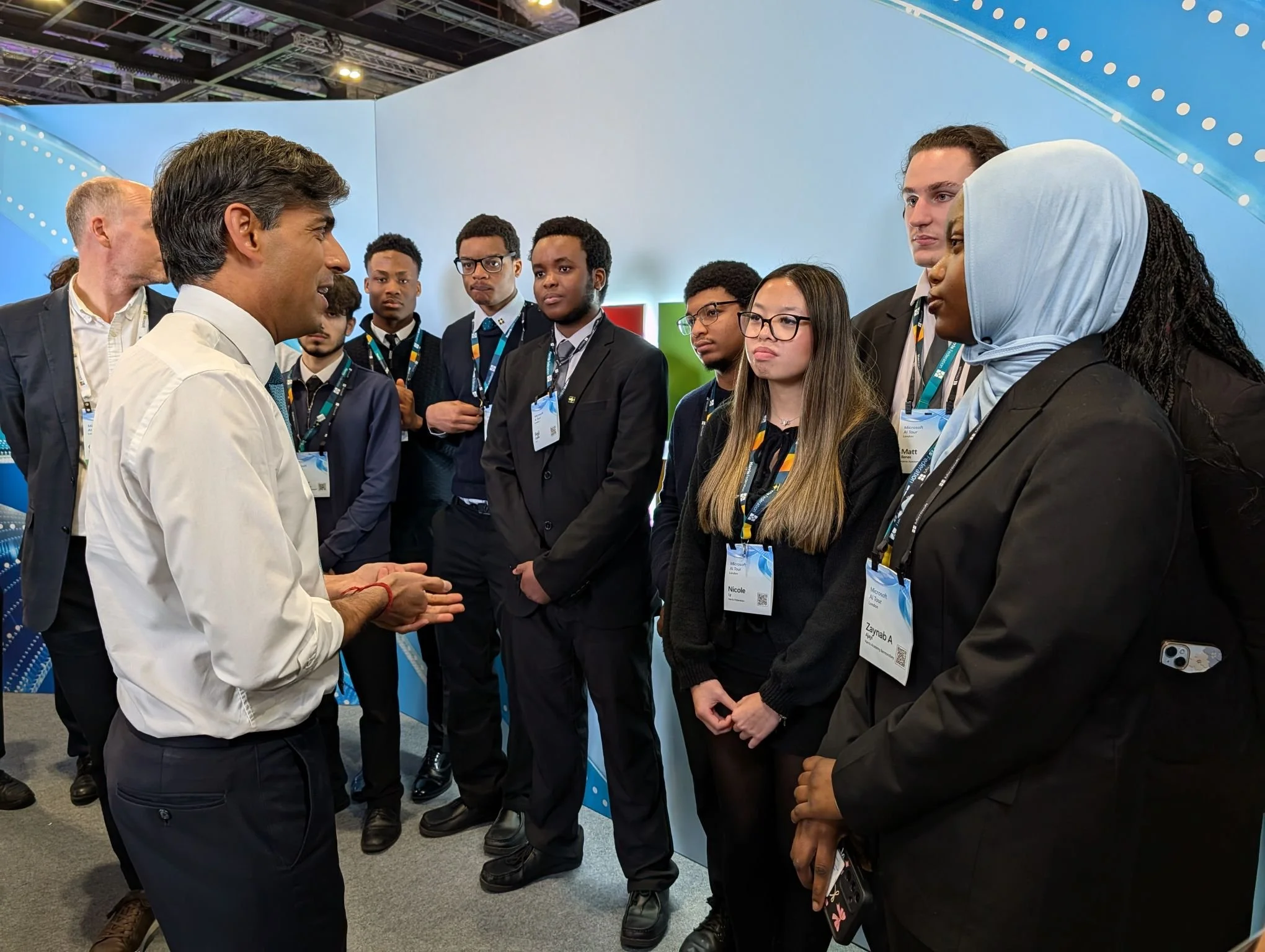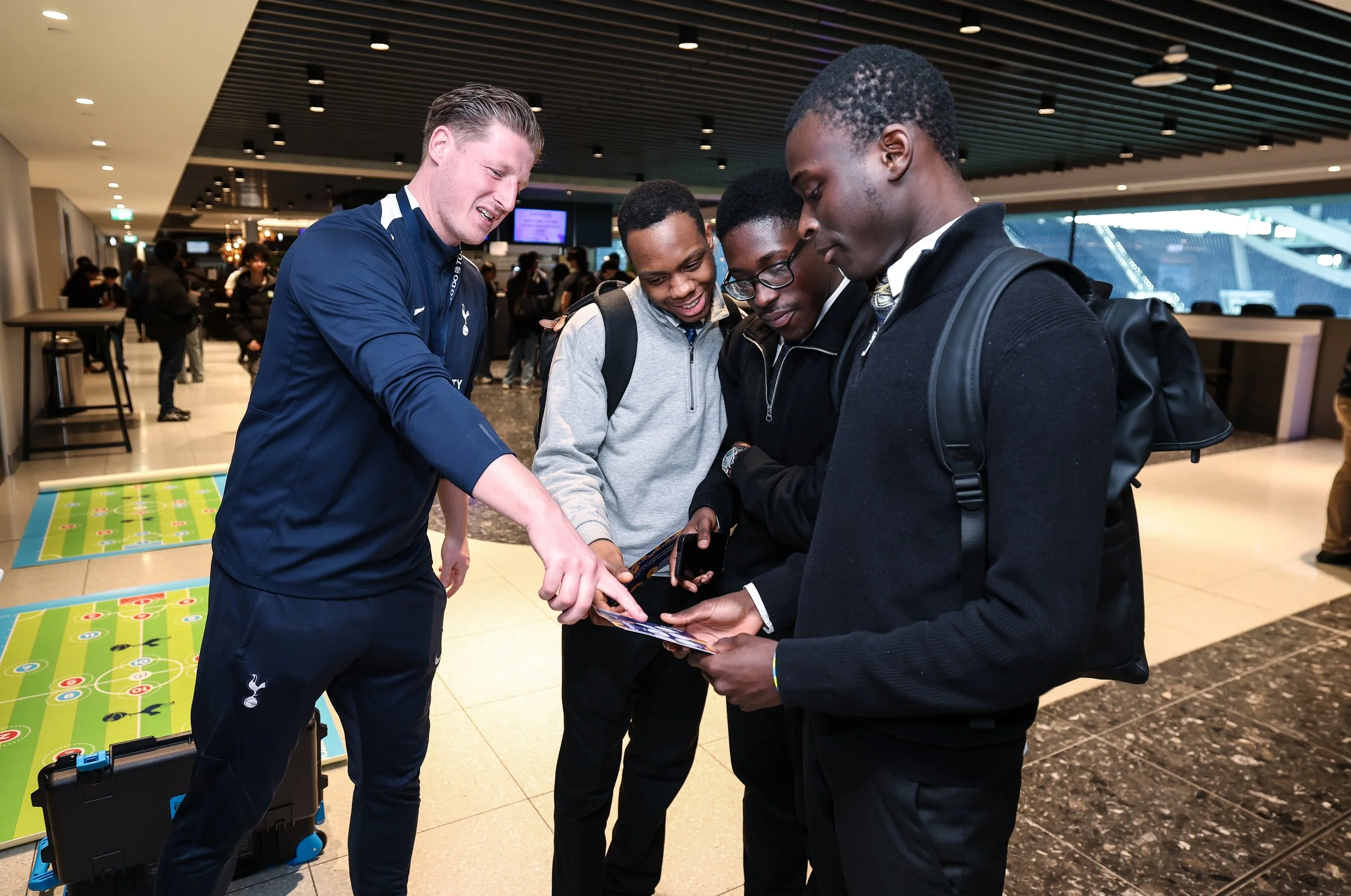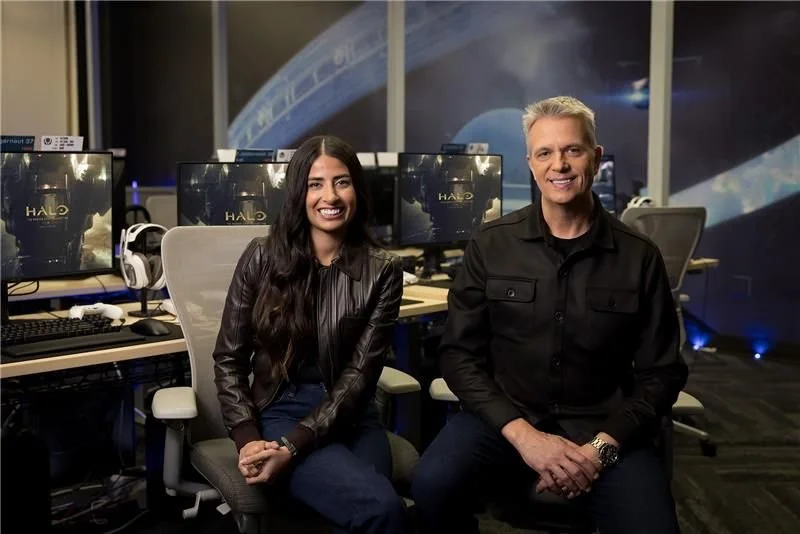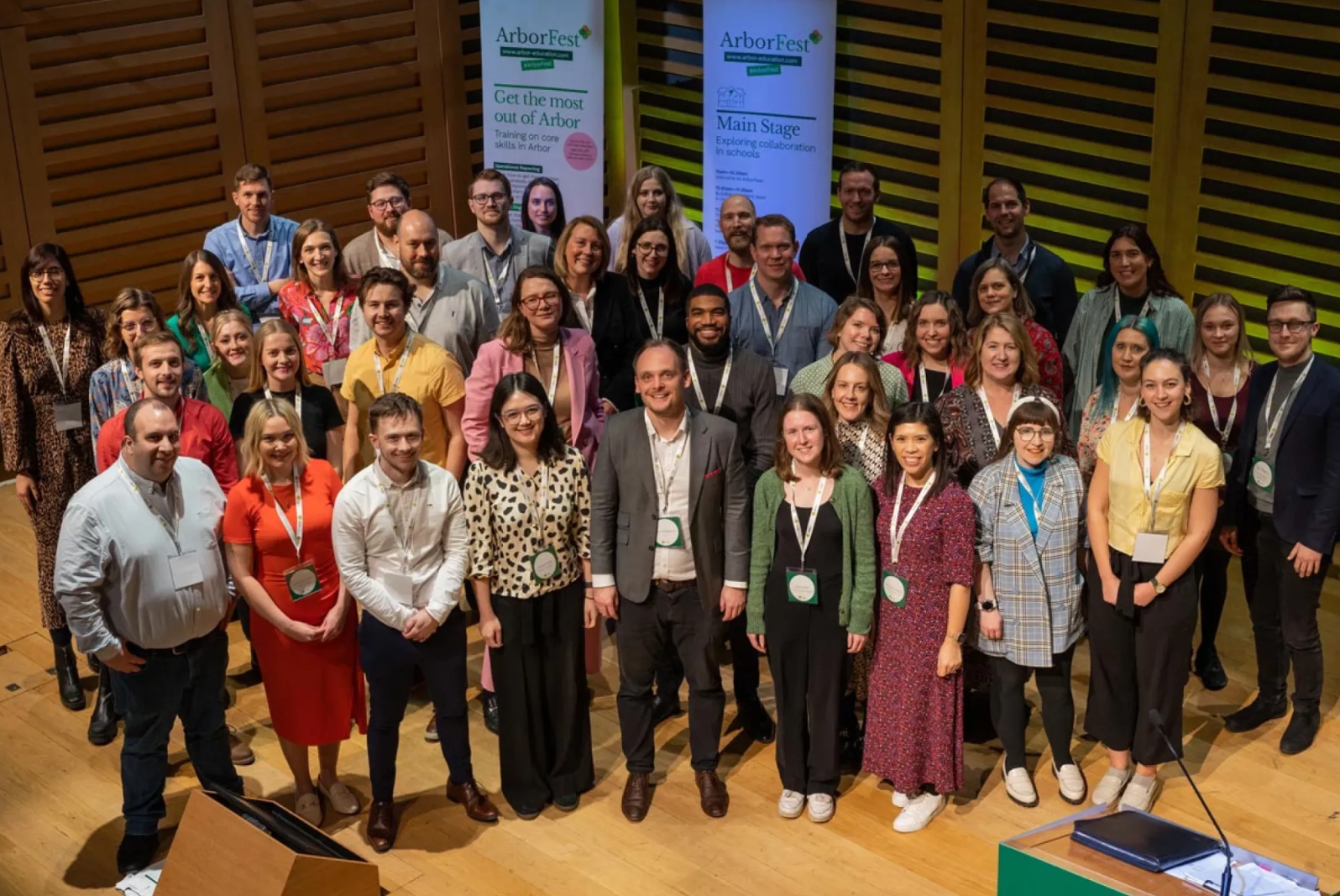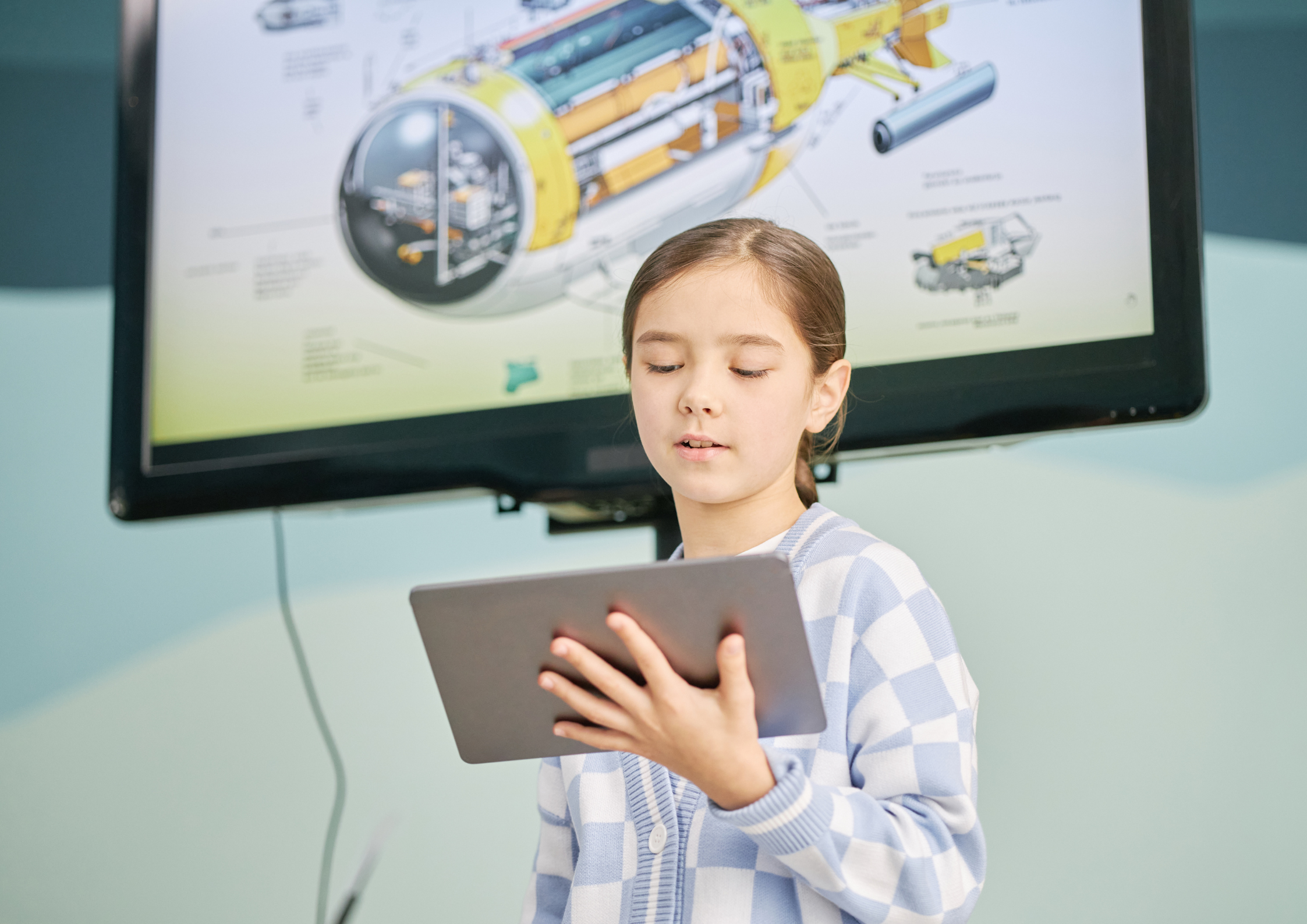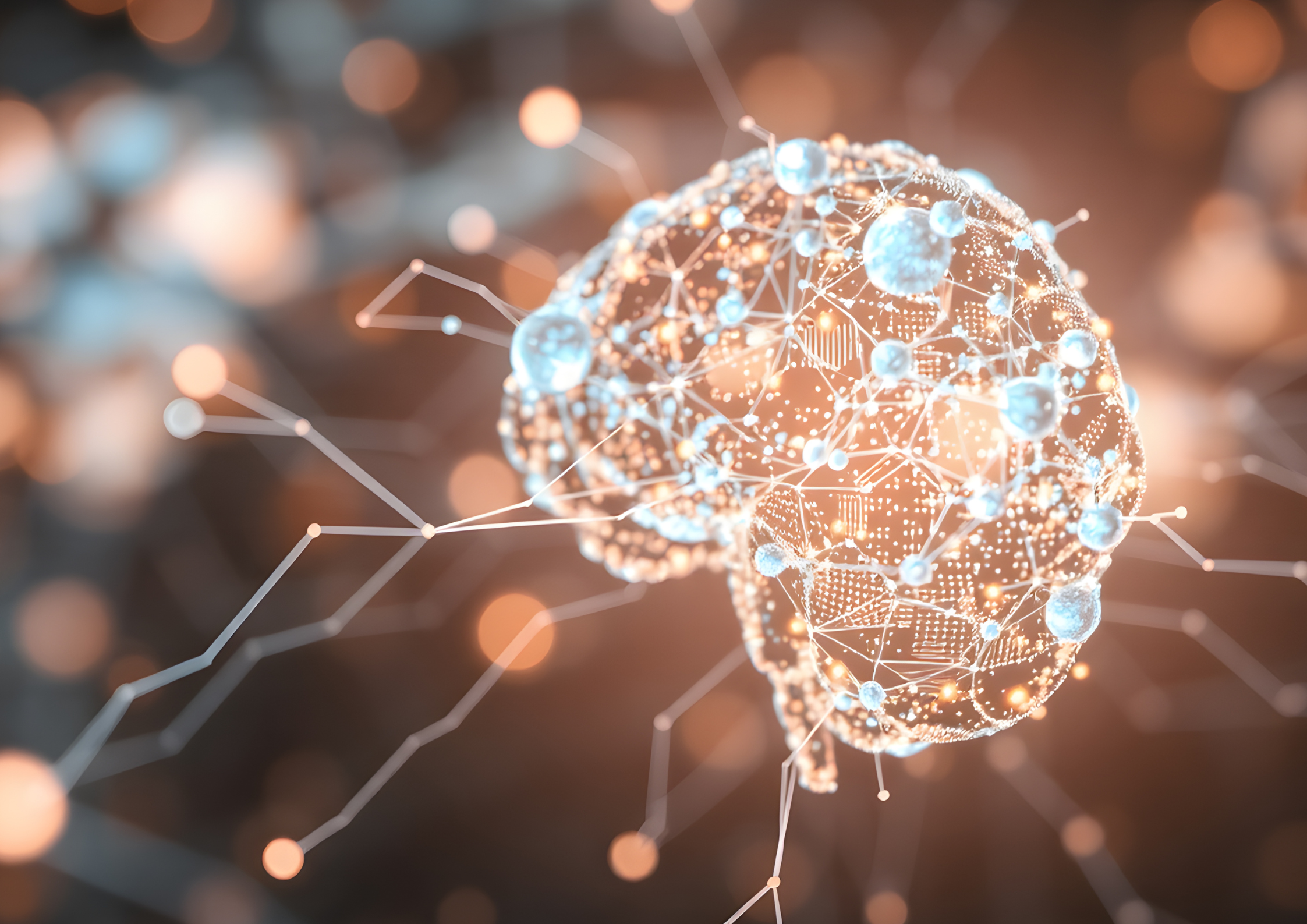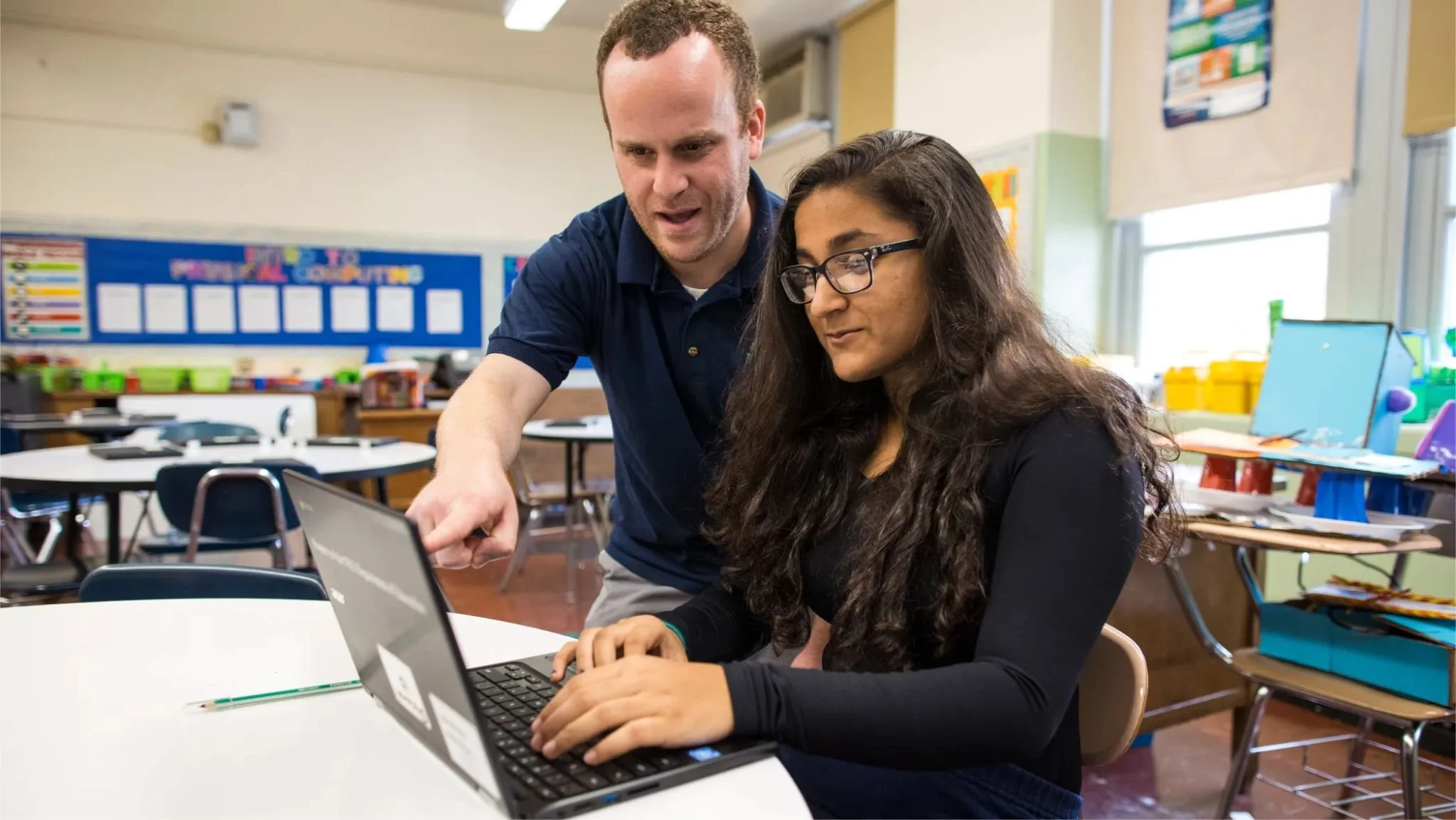ETIH’s most-read AI stories of 2025 so far: Gemini in classrooms, historical mentors, and legal battles over learning tools
The first six months of 2025 have been packed with AI breakthroughs, controversies, and bold experiments that are transforming how we teach, learn, and work. From Google supercharging classrooms with Gemini to lawsuits shaking the foundations of traditional EdTech, and even virtual mentoring with Socrates, AI is touching every corner of education.
Here are the top ten AI stories of the first half of the year:
10. Google expands Gemini tools and launches new Chromebook features across education ecosystem
In at number 10, Google rolled out a major upgrade to its education offering, expanding Gemini for Education and introducing AI-driven Chromebook Plus devices.
Gemini for Education now gives teachers access to more than 30 AI tools, from automated quiz creation to study-assistant “Gems” inside Google Classroom.
NotebookLM has been updated with podcast-style audio summaries and, soon, video explainers to make course content more accessible.
Students on Chromebook Plus devices can generate visuals with Gemini Canvas, auto-group tabs, and even extract text from images.
Teachers, meanwhile, gained new Class tools that restrict browsing and broadcast live captions.
9. Historic Mentor launches, promising AI-powered conversations with history’s greatest minds
Next up, at number 9, Historic Mentor officially launched, promising personalized AI mentorship with historical figures like Marcus Aurelius, Socrates, Lao Tzu, Leonardo da Vinci, and Sun Tzu.
Unlike simple chatbots, Historic Mentor remembers user profiles and past conversations, creating a continuous learning journey. Early adopters can book audio sessions with AI mentors, with video-based interactions coming soon.
The service positions itself as “not a gimmick, not a chatbot,” but a way to bring the wisdom of history’s greatest thinkers into your life, personalized for your current goals and challenges.
8. Chegg reports 24% revenue drop, sues Google over AI impact on online learning
AI’s disruptive edge hit the spotlight at number 8, as Chegg filed a lawsuit against Google. The company accused Google’s AI-powered search summaries of diverting web traffic that once led students to Chegg’s paid resources.
The lawsuit claims Google’s AI overviews “unjustly retain traffic” by offering answers directly on the search page, leading to a 49% collapse in non-subscriber traffic. Chegg’s Q4 2024 report showed a 24% drop in net revenue, forcing the company to review its future strategy.
7. Domo and Burbio launch AI-powered K–12 education tool aiming to improve efficiency in spending and operations
Sliding into number 7, Domo and Burbio teamed up to create an AI-powered analytics platform for school districts, tackling one of K–12’s most fragmented challenges: spending transparency.
The platform parses unstructured data like school board minutes, strategic plans, and grants, turning it into clear dashboards for suppliers, policy-makers, and administrators. Burbio co-founder Julie Roche said the partnership is helping districts and edtech vendors “make sense of a historically difficult space for analytics.”
6. Uplift Aerospace taps VR and AI for EdTech division focused on immersive education and workforce development
In at number 6 with Uplift Aerospace’s expansion of Starborn Academy, combining virtual reality and AI modules for K–12 STEM learning and workforce training.
Students in Utah, Colorado, and California are already seeing the benefits: 63% reported greater awareness of STEM careers after completing immersive modules. For workforce learners, the same tools are cutting training time and aligning upskilling programs with professional certifications.
It’s another example of AI moving beyond the classroom into industry-aligned skills training, bridging education and employment in a format learners find genuinely engaging.
5. Pulaski County Schools implement AI security tech with Status Solutions amid rising safety concerns
Kicking off the top five, Pulaski County Public Schools in Virginia expanded its long-term partnership with Status Solutions, rolling out the SARA AI-powered situational awareness platform district-wide.
This move comes after a rise in school shootings across the U.S., with 56 incidents reported in 2024 alone. The system provides real-time threat detection, emergency response triggers, and automated alerts to protect students and staff.
Superintendent Rob Graham described it as “a foundational step in creating a secure learning environment.” Local businesses are also involved through the Status Solutions Network, turning community sponsorships into sustainable school safety funding.
4. Apple commits $500 billion to workforce development, AI, and U.S. education
Sliding into number four, Apple announced a record-breaking $500 billion investment across workforce development, AI infrastructure, and U.S. manufacturing.
The plan includes a new Apple Manufacturing Academy in Detroit, AI and smart manufacturing training with Michigan State University, and the expansion of the Apple Silicon Initiative into eight universities. The tech giant will also build AI-powered servers in Houston to support Apple Intelligence and Private Cloud Compute.
CEO Tim Cook framed it as “writing the next chapter in American innovation,” blending AI, education, and future-proofed skills into one sweeping national commitment.
3. Study finds ChatGPT improves student outcomes but shows limitations in complex thinking tasks
At number three, a meta-analysis from Hangzhou Normal University reviewed 51 studies and found ChatGPT significantly boosts student performance, but struggles with higher-order thinking.
The strongest gains appeared in STEM and skill-based courses, particularly when ChatGPT was used over four to eight weeks. However, it was less effective for project-based learning, where open-ended collaboration and critical reasoning are key.
The study recommends embedding ChatGPT within structured models like Bloom’s taxonomy, pairing it with formative assessment rather than relying on it for recall tasks.
2. U.S. mandates AI education in schools as IBM’s Andreas Horn highlights need for early AI literacy
AI policy took the spotlight at number two, as the United States followed China’s lead by making AI education mandatory across all elementary and secondary schools.
President Trump signed the Advancing Artificial Intelligence Education for American Youth executive order, embedding ethical, technical, and critical AI instruction into the national curriculum.
IBM’s Andreas Horn called it “the new literacy,” arguing that AI fluency should be as essential as reading and writing. The move sparked heated debate but also marked a historic shift in national education policy.
1. MIT study shows ChatGPT reshapes student brain function and reduces creativity when used from the start
And at number one, the most-read AI story of 2025 so far came from MIT researchers, who discovered that starting tasks with ChatGPT can weaken brain activity and memory formation.
Using high-density EEG scans, they found that students who began writing with AI showed lower neural connectivity and produced “linguistically bland” essays. Those who wrote unaided first, then revised with AI, had stronger memory recall and better overall quality.
Duke researcher Jiunn-Tyng Yeh summed it up: “Starting with your own ideas keeps neural circuits firing—starting with AI risks stunting the networks that make creativity uniquely human.”
RTIH AI in Retail Awards
Our sister title, RTIH, organiser of the industry leading RTIH Innovation Awards, proudly brings you the first edition of the RTIH AI in Retail Awards, which is now open for entries.
As we witness a digital transformation revolution across all channels, AI tools are reshaping the omnichannel game, from personalising customer experiences to optimising inventory, uncovering insights into consumer behaviour, and enhancing the human element of retailers' businesses.
With 2025 set to be the year when AI and especially gen AI shake off the ‘heavily hyped’ tag and become embedded in retail business processes, our newly launched awards celebrate global technology innovation in a fast moving omnichannel world and the resulting benefits for retailers, shoppers and employees.
Our 2025 winners will be those companies who not only recognise the potential of AI, but also make it usable in everyday work - resulting in more efficiency and innovation in all areas.
Winners will be announced at an evening event at The Barbican in Central London on Wednesday, 3rd September.




